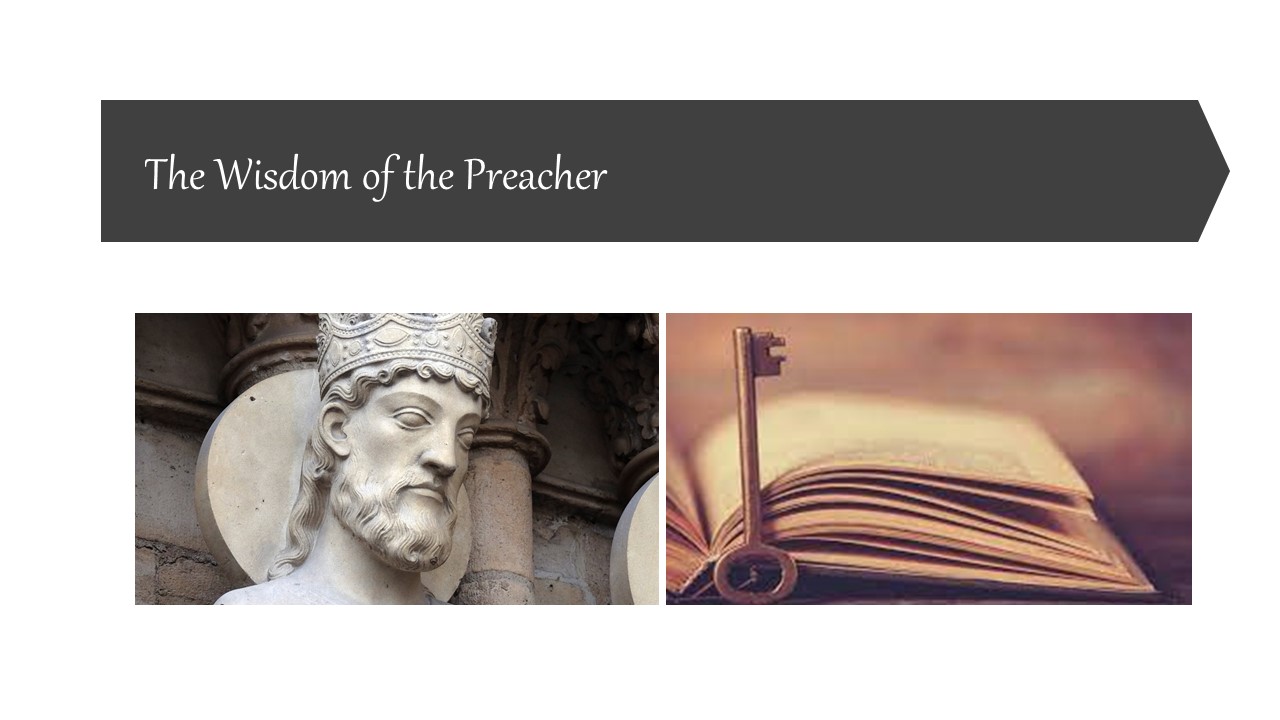The Parable of the Wicked Tenants is one of Jesus' most piercing allegories, delivered just days before His crucifixion in direct response to the chief priests' challenge to His authority in the Temple. Jesus tells the story of a landowner, representing God the Father, who spares no expense to plant a flourishing vineyard, which symbolizes Israel (as foretold in Isaiah 5). He then sends successive servants (the prophets) to collect the due fruit, but the wicked tenants—representing the unfaithful religious leaders—respond with escalating violence, beating and killing the messengers. This narrative confrontation served as a "grenade" in the Temple courts, exposing the deep-seated corruption of the leaders, who instantly perceived that Jesus was declaring them the unfaithful stewards of God's most precious asset.
The central, heartbreaking movement of the parable occurs when the Master sends His beloved Son (representing Jesus Himself), believing they will respect the heir. Instead, the tenants conspire to kill the Son, thinking His death will secure the inheritance for themselves—a direct and chilling prophecy of the religious leaders' impending plot to murder Jesus outside the city gates. The parable unequivocally establishes Jesus’ identity not merely as a prophet, but as the Son and final Messenger in the climax of divine revelation. His purpose is thus revealed: He has come to demand fruitfulness from the vineyard and to expose the rebellion of those who prioritize their own power over God's will.
The parable concludes with a stark warning of judgment and a glorious declaration of reversal. The crowd rightly judges that the wicked tenants will be miserably destroyed and the vineyard given to others who will bear fruit (the Church). Jesus then quotes Psalm 118: "The stone that the builders rejected has become the cornerstone." This declares that His impending rejection and crucifixion are not defeat, but the means by which He becomes the Cornerstone of a new, eternal Kingdom. The parable thus challenges every listener to stop seeing themselves as owners, to embrace their role as faithful stewards of God's resources, and to receive Jesus, the rejected Stone, as the indispensable foundation for salvation.

A common form of spiritual dishonesty is not the outright rejection of God, but the selective editing of His character to fit our personal...

The epistle to the Ephesians, likely written while Paul is imprisoned in Rome, is perhaps the most formal of the apostle’s letters. While Paul...

The Hebrew word translated throughout Ecclesiastes as “preacher” comes from a word which also means “collector” or “convener.” Some other Bible versions translate it...